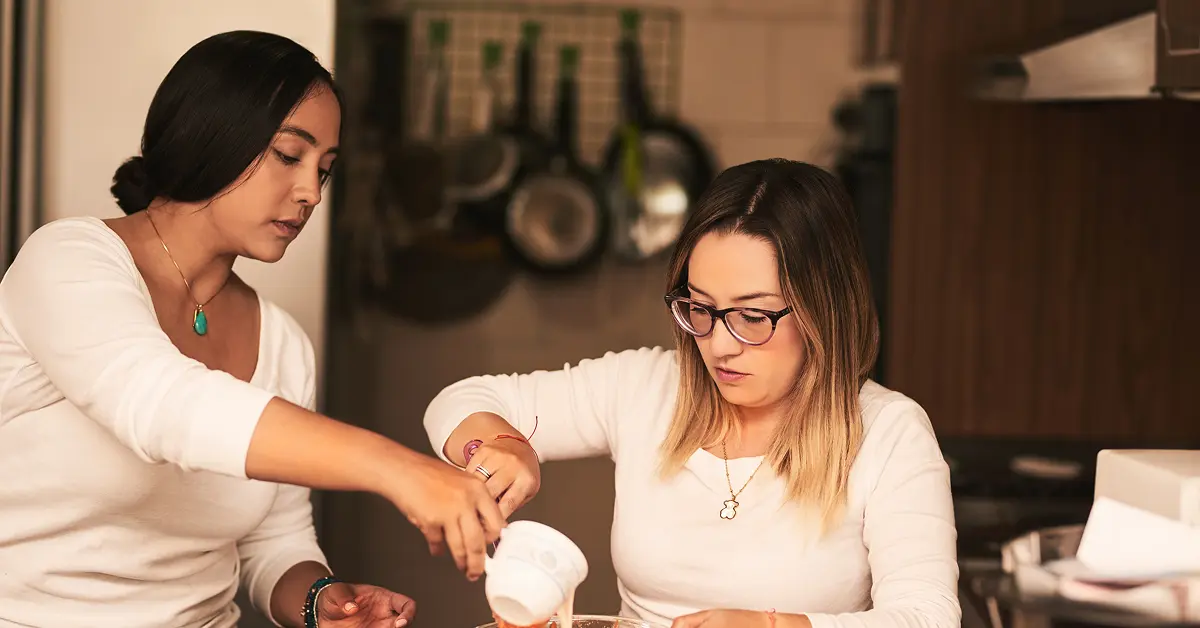In India, where families often strive to care for their elders at home, the mental health of senior citizens is a growing concern. With increased urban migration, nuclear family setups, and the rising number of working adults, many elderly people are left alone for long hours, leading to feelings of loneliness, isolation, and depression. One effective solution that has emerged in the realm of elder care is companion caregiving.
A companion caregiver is not just someone who helps with daily tasks—they are also a friend, a listener, and a reliable emotional support system. This article delves into the mental health benefits of having a companion caregiver and why this role is increasingly vital in modern Indian households.
Reduces Loneliness and Social Isolation
Loneliness is one of the biggest mental health challenges faced by senior citizens in India. With adult children busy with work or living abroad, many elderly individuals spend their days in solitude. Companion caregivers can bridge this gap by offering:
- Meaningful conversation
- Shared meals
- Engagement in hobbies
- Outdoor walks and social outings
Just having someone to talk to daily can lift a senior’s spirits and significantly reduce feelings of isolation. Over time, this companionship can improve mood and foster a greater sense of belonging.
Improves Cognitive Function
Companionship isn't just emotionally rewarding—it’s also mentally stimulating. Caregivers often engage seniors in activities like:
- Reading newspapers or books aloud
- Playing board games or cards
- Doing crossword puzzles or sudoku
- Discussing current events
Such cognitive stimulation is essential for keeping the mind active and sharp, which may slow the progression of memory-related conditions like dementia or Alzheimer's.
Encourages Routine and Structure
Mental health thrives in environments with structure and purpose. Elderly individuals who live alone often fall into irregular routines, such as sleeping at odd hours or skipping meals. Companion caregivers bring a sense of daily rhythm by:
- Encouraging timely meals and medication
- Establishing consistent wake-up and sleep times
- Creating a healthy schedule with physical and mental activities
Such consistency can reduce anxiety, promote better sleep, and provide a sense of normalcy and control over daily life.
Provides Emotional Support During Life Transitions
As people age, they may face several emotional upheavals—losing a spouse, dealing with illness, retirement, or the relocation of children. These changes can lead to feelings of grief, anxiety, or even depression. A compassionate companion caregiver:
- Offers a listening ear
- Provides gentle reassurance
- Encourages positive coping mechanisms
Their presence becomes especially crucial during emotionally sensitive times, helping seniors process emotions in a healthy and supported way.
Promotes Physical Health, Which Affects Mental Well-being
Mental and physical health are closely intertwined. A companion caregiver often assists with light exercises, walking routines, and diet management, which contribute to:
- Improved energy levels
- Reduced risk of depression
- Better sleep patterns
In India, where lifestyle diseases like diabetes and hypertension are common among seniors, maintaining physical health also helps reduce the mental stress associated with medical complications.
Reduces the Risk of Depression
Many seniors, especially those living alone, are at risk of depression. Lack of engagement, poor nutrition, and isolation can quickly snowball into more serious mental health conditions. Companion caregivers are trained to notice early warning signs such as:
- Changes in mood or appetite
- Loss of interest in activities
- Withdrawal from social interaction
By addressing these red flags early and providing ongoing emotional connection, caregivers help prevent or manage depression effectively.
Encourages Social Interaction
Apart from one-on-one companionship, caregivers can help seniors stay socially active by:
- Taking them to community events or temples
- Helping them connect with friends or relatives via phone or video calls
- Encouraging participation in senior clubs or hobby groups
In Indian culture, community and family play vital roles in emotional well-being. Companion caregivers help maintain those connections even when mobility or health limitations make it difficult.
Reduces Caregiver Stress in Families
Mental health doesn't only apply to the senior—it's equally important for the family members. In many Indian homes, the burden of caregiving falls on one or two family members, leading to burnout, frustration, and guilt.
Hiring a professional companion caregiver can:
- Provide respite for primary caregivers
- Improve family dynamics
- Allow family members to focus on quality time instead of full-time care
This balanced approach benefits everyone involved and fosters a more supportive caregiving environment.
Supports Independence and Dignity
Seniors who feel they are a burden may develop low self-esteem or depressive thoughts. A companion caregiver promotes independence by:
- Assisting only when needed
- Encouraging seniors to perform tasks on their own
- Supporting decision-making and personal choices
Maintaining autonomy is essential for emotional health, and caregivers who strike the right balance between help and empowerment can make a huge difference.
Provides a Sense of Purpose
Finally, having someone to talk to and interact with daily gives seniors a renewed sense of purpose. Whether it’s sharing stories, laughing over chai, or discussing favourite movies, a good companion caregiver brings joy, laughter, and meaning to everyday life.
In many Indian households, seniors are respected as wise elders, and a caregiver who treats them with dignity and warmth can rekindle that feeling of being valued.
Final Thoughts
In India’s rapidly evolving social structure, the role of companion caregivers is more important than ever. While medical care and assistance with chores are essential, mental health support through compassionate companionship cannot be underestimated.
Whether you live in a metro city or a small town, having a trusted companion caregiver can transform the emotional landscape of an elderly person's life. It’s not just about caring for their needs—it’s about connecting hearts, fostering joy, and ensuring that our elders live not just longer, but happier lives.
Looking to hire a compassionate companion caregiver for your elderly loved one in India?
Explore professional, verified in-home senior care services in your city to find the perfect match.
Contents
- Reduces Loneliness and Social Isolation
- Improves Cognitive Function
- Encourages Routine and Structure
- Provides Emotional Support During Life Transitions
- Promotes Physical Health, Which Affects Mental Well-being
- Reduces the Risk of Depression
- Encourages Social Interaction
- Reduces Caregiver Stress in Families
- Supports Independence and Dignity
- Provides a Sense of Purpose
- Final Thoughts
Our 24*7 services
Latest Posts
- What Is Respite Care and Why Is It Important
- Affordable home care for senior citizens in India
- Caring for Seniors with Dementia or Alzheimer's at Home
- Senior Caregiving A Guide for Every Family
- How to Write a Caregiver Resume That Gets You Hired
- How Care After Hospital Discharge Speeds Up Recovery at Home
- How to Get Home Health Care for Seniors Through Medicare
- What Does a Senior Citizen Caregiver Really Do at Home
- How to Care for Elderly Parents with Alzheimer’s or Dementia
- How to Get 24-Hour Care for Seniors at Home



